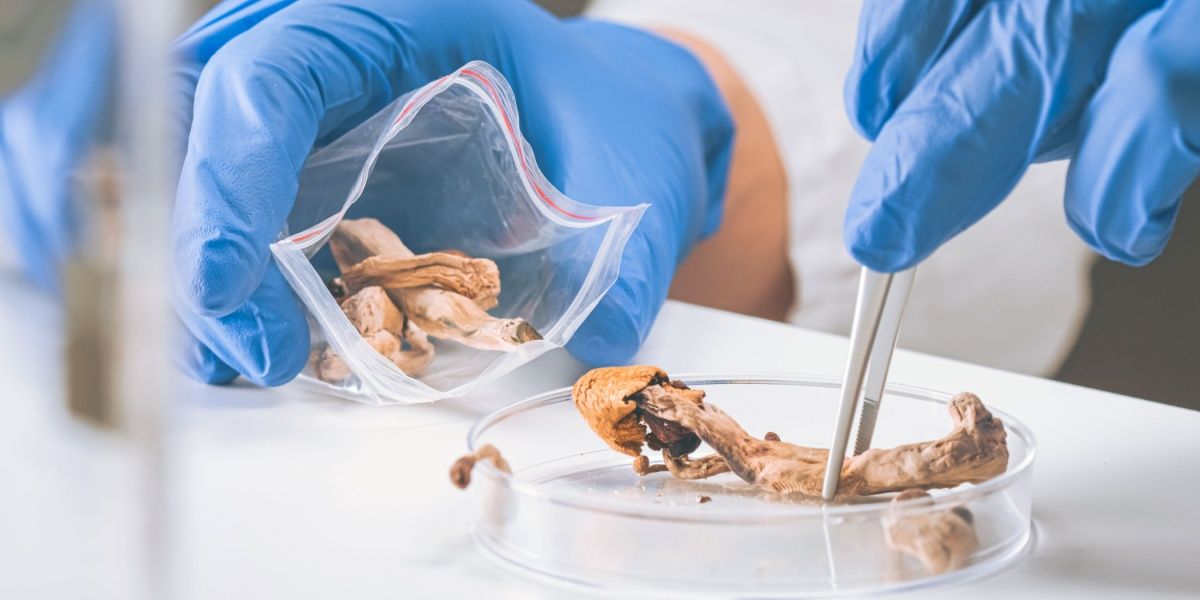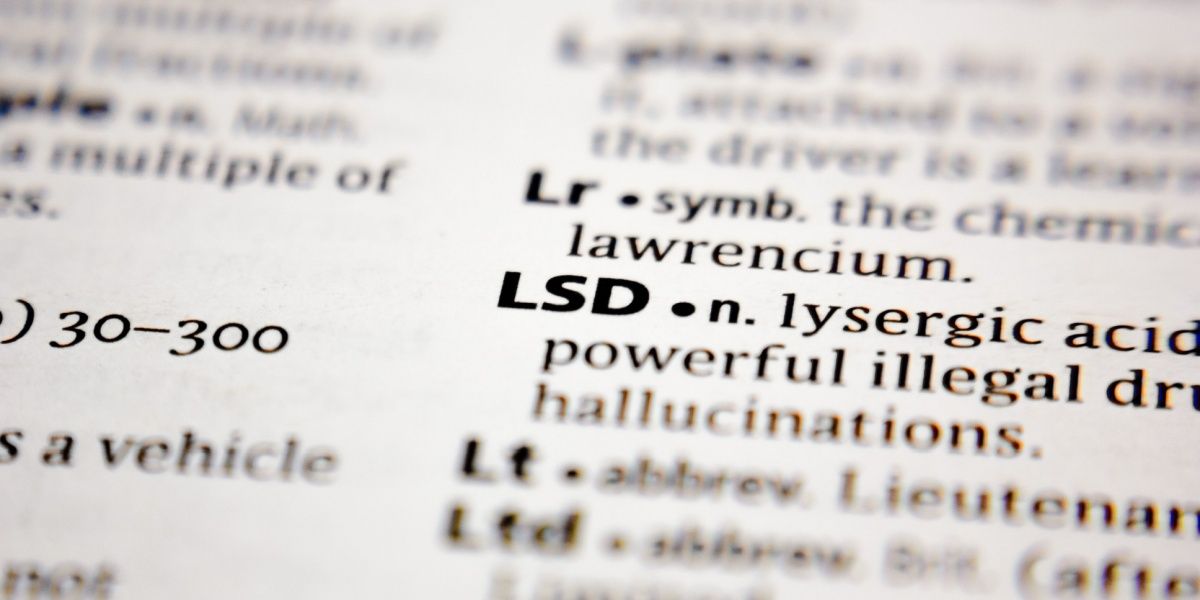Salvia divinorum is a powerful hallucinogenic plant in the mint family, native to Oaxaca, Mexico, where Mazatec indigenous communities have used it in spiritual ceremonies. [1] Its potency comes from salvinorin A, a unique diterpene compound that produces short, intense hallucinations by activating kappa-opioid receptors in the brain. [2]
In the early 2000s, salvia gained popularity as a so-called “legal high” in the United States. [2] This surge in recreational use, spurred on by online videos and head shop sales, has led to a patchwork of laws and raised the pressing question: Is salvia legal or illegal?
The answer is complex. Salvia is not banned under U.S. federal law. Still, dozens of states and several countries have moved to outlaw or restrict it, making its legal status a confusing mosaic that continues to evolve.
- Salvia divinorum is not federally scheduled in the U.S., but its legality varies by state. Some states have completely banned salvia, while others still permit it or impose age restrictions.
- As a potent hallucinogen that remains easily obtainable (sold online and in smoke shops), salvia attracted media attention after reports of extreme, dysphoric trips and a few high-profile incidents. Lawmakers grew concerned about public safety, especially youth misuse, spurring regulatory action despite limited scientific data on the drug’s risks.
- Researchers caution that strict laws may hinder scientific studies on salvia’s unique pharmacology and potential therapeutic uses, given the currently thin literature on its effects.
.jpg?v=1751526307)
Federal legal status of salvia in the U.S.
Under U.S. federal law, neither salvia divinorum nor its active ingredient, salvinorin A, is listed as a controlled substance. [3] The Drug Enforcement Administration (DEA) has classified salvia as a “drug of concern” and monitored its rise in popularity, but it has not placed it on the Controlled Substances Act (CSA) schedules. [4] This means that salvia remains legal to buy, possess, and use at the federal level.
However, the absence of federal scheduling opened the door for individual states to craft their own responses. [5] Beginning in the mid-2000s, a wave of state-level prohibitions swept the country. This was an unusual bottom-up approach that one analysis noted “has not occurred since the passage of the Controlled Substances Act (1970)”. [3]
In 2002, a bill in Congress to federally ban salvia failed to pass amid objections from scientists that a ban could stifle research efforts. In the void of federal action, dozens of states enacted their own laws, creating wide disparities in legality from state to state.
Why is salvia regulated?
Salvia divinorum came under legal scrutiny for several reasons:
- Its psychoactive effects can be extraordinarily intense – higher doses induce “extreme hallucinatory experiences” that can be disorienting or frightening. [2]
- Salvia used to be widely available as a legal product, sold openly in head shops and online marketplaces (even on sites like eBay) without age checks. [2] Its accessibility and reputation as a “legal” psychedelic appealed to curious teenagers and young adults. This caused concern that a new generation might misuse it.
- A series of negative news stories in the late 2000s, including a tragic case in Delaware where a teenager’s suicide was controversially linked to salvia use, put political pressure on authorities. [2]
In response, many states moved to regulate or ban salvia as a precaution. Importantly, scientific understanding of salvia is still limited. Medical literature on confirmed harms is thin, partly due to sparse research. [2] Nevertheless, the combination of salvia’s potency, popularity, and legal loophole status led a majority of U.S. states to treat it as a controlled substance at the state level.
Where is salvia legal? State-by-state legal status
Below is a 50-state table showing whether salvia divinorum is legal, illegal, or legal with extract/age restrictions under each state’s drug code.
Salvia divinorum: State-by-State Legal Status
International legal perspectives
Outside the U.S., salvia divinorum’s legal status also varies widely:
- Canada: Salvia is a controlled substance. In the 2010s, Canada added salvia divinorum and salvinorin A to its Controlled Drugs and Substances Act, making sale or possession illegal without authorization (similar to other Schedule IV drugs). [6]
- United Kingdom: Initially legal, salvia became outlawed in 2016 under the Psychoactive Substances Act. The UK now prohibits the production, supply, or import of salvia for human consumption, effectively banning its recreational use. [7]
- Mexico: The plant’s country of origin, salvia, remains legal at the federal level. It is not listed as a prohibited narcotic in Mexico, and local Mazatec communities continue to use it in traditional practices. However, commercial export or large-scale sale is discouraged, and any misuse could still draw scrutiny under general substance laws. [8]
Globally, most countries have no specific laws against salvia divinorum. However, a growing number (including many EU nations, Japan, South Korea, and others) have moved to ban or regulate it in the past two decades. Respondents to the UNODC questionnaire on NPS reported kratom, along with khat and salvia divinorum, among the top three plant-based substances. [9]
Travelers should be aware that “Is salvia legal?” will have a different answer depending on the country.
Legal risks and research impact
In jurisdictions where salvia is banned, possessing or selling it can lead to criminal charges. U.S. states that classify salvia as a Schedule I substance treat it much like LSD or marijuana in terms of penalties. Thus, people who use salvia could face misdemeanors or even felonies for having the dried herb in their pocket. [10]
Even in states where salvia is legal, using it irresponsibly (e.g., driving under the influence of salvia) can lead to other legal consequences. There’s also a consumer safety aspect, because salvia products are often sold unregulated. Therefore, potency can vary, and users might inadvertently break the law by transporting salvia to places where it’s illegal.
Impact on research
Salvia divinorum has drawn interest from scientists for its novel pharmacology. Salvinorin A is the first known plant-derived compound to target kappa-opioid receptors selectively, and studies have explored its potential in neuroscience and even therapeutic contexts (such as treating addiction or pain). [3][11]
However, the shifting legal status poses a challenge. Researchers warn that scheduling salvia as an illicit drug could hamper scientific and medical research. [3] When a substance is outlawed, it becomes logistically harder for labs to obtain and study; funding may dry up, and researchers must navigate strict licensing requirements.
Placing salvia in the same legal category as dangerous narcotics may deter investigation into any potential benefits it could offer. Thus, policymakers face a delicate balance of controlling salvia’s misuse while not quashing legitimate research into a compound that science is only beginning to understand.
Ethical and harm reduction perspectives
The legal treatment of Salvia divinorum reflects a broader challenge in drug policy: how to respond to unfamiliar substances without defaulting to prohibition. While some restrictions were driven by public concern, many lack a clear evidentiary basis. This can complicate access to research and limit opportunities for education.
From a harm reduction standpoint, criminalizing use may discourage honest discussion and increase unregulated access. A more measured approach would support research, provide clear safety guidance, and reserve enforcement for genuine risks, not curiosity alone, while also making space for those seeking support or rehabilitation.



-guide-detail.jpg?v=1722502767)
